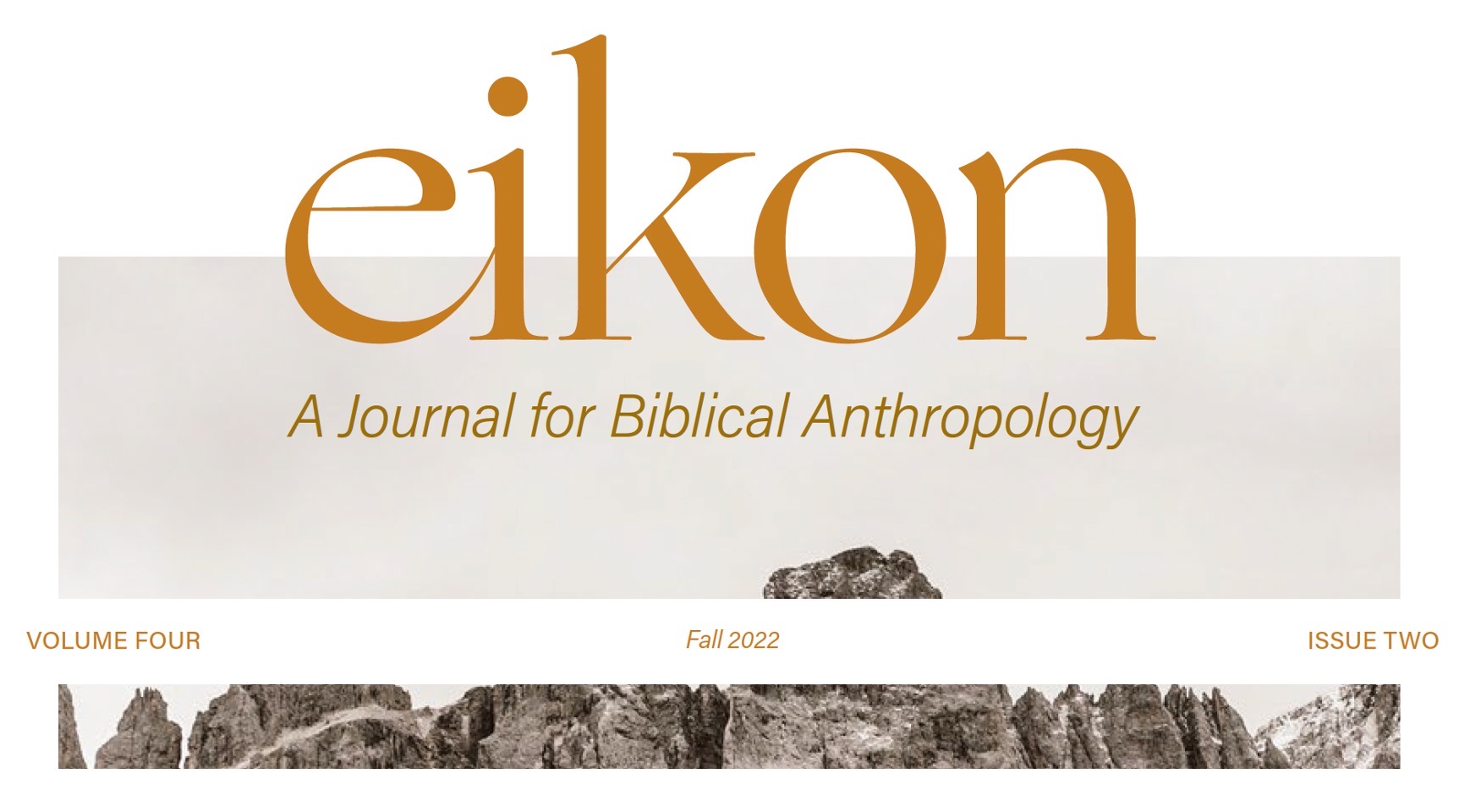Editor’s note: The following essay appears in the Fall 2022 issue of Eikon.
 In a tweet from February 23, 2019, the late Rachel Held Evans said:
In a tweet from February 23, 2019, the late Rachel Held Evans said:
Bothers me when @CTmagazine & others refer to exclusionary policies against LGBTQ people as ‘Christian orthodoxy.’ You’re entitled to your opinion, but don’t act like something that Jesus never talked about and that doesn’t get a mention in the creeds is a matter of orthodoxy.
This common sentiment raises a host of problems, the most glaring being the idea that if neither Jesus nor the creeds mention something, then it is not a matter of Christian orthodoxy. Fundamentally, statements like this display a stunning naïvety about how doctrines are debated and defined. The early creeds do not address “LGBTQ people” because the church was not challenged on these issues seventeen hundred years ago. It is precisely because human sexuality was a settled matter that there was no need to verbalize that a man should not castrate himself to become a woman, or that homosexual relations are outside the boundaries of Christian behavior.
It takes doctrinal disagreement to produce statements that define what the church has always believed. Orthodoxy, to borrow from Vincent of Lérins, regards the faith which has been believed everywhere, always, by all. The early church debated the Trinity and Christology, the Reformation justification by faith, and the modern period the inerrancy of Scripture. In our day, the great battle is anthropology. What does it mean to be a man? What does it mean to be a woman? What is good about human sexuality? What sexual behavior lies outside a historic, biblical Christian ethic? How should men and women relate according to God’s holy standards?
This raging battle, which has become exponentially fierce in each passing year, is exactly why we need new confessions like the Nashville Statement. Creeds, confessions, and statements such as this one define what the church has always believed in light of new controversy. To be sure, the mechanism is not quite the same as the early ecumenical creeds, given that the church is so fractured today. There can never again be, at least in my imagination, a universal creed set down by the church. This does not mean, however, that we should refrain from creedal statements, especially when historic Christian orthodoxy is on the line. And make no mistake, Christian orthodoxy is on the line right now.
It is up to our generation to give a decisive and unapologetic defense of the Christian faith regarding human sexuality, which is what the Nashville Statement eloquently provides. The world needs to see the beauty of God’s design for humanity and sexuality, and Christians need to see the wisdom of historic orthodoxy on these doctrines. That is why I am glad for the bold affirmations and denials of the Nashville Statement.
The preamble of the Nashville Statement wonders whether the church can “maintain her clear, counter-cultural witness to a world that seems bent on ruin.” She can and she must. And this is not a matter of opinion, it is a matter of orthodoxy.
Dr. Brian Arnold serves as the fourth President of Phoenix Seminary, where he also teaches historical theology. Prior to this role, Dr. Arnold pastored in western Kentucky.
You, too, can help support the ministry of CBMW. We are a non-profit organization that is fully-funded by individual gifts and ministry partnerships. Your contribution will go directly toward the production of more gospel-centered, church-equipping resources.